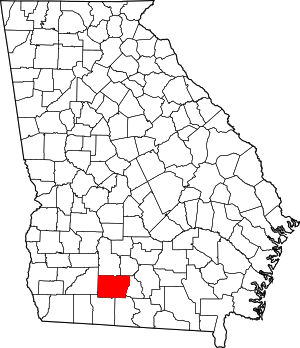Broadband Bills To Enhance Local Autonomy Thwarted By Wisconsin State Senate
*In partnership with Broadband Breakfast, we occasionally republish each other's content. The following story by Broadband Breakfast Reporter Jericho Casper was originally published here.
In a setback to efforts aimed at enhancing broadband access across Wisconsin, the state Senate dealt a blow to three key bills aimed at improving various aspects of broadband provision Monday.
The first bill in question, AB 1180, aimed to give local governments more autonomy by allowing them to apply for broadband grants directly, rather than requiring them to partner with a telecommunications utility or a for-profit organization, as is required under current (state) law.

The bill also proposed expanding the permissible uses of grants beyond infrastructure construction and would have eliminated a requirement for a city, village, or town to prepare a feasibility report before constructing or operating facilities for public telecommunications, cable TV or broadband services.
Presently, Wisconsin law necessitates a public hearing before a local government can pass an ordinance or resolution to provision such facilities. Additionally, at least 30 days before this hearing, these entities must furnish a comprehensive report to the public, detailing the facility's costs, revenues, and a cost-benefit analysis spanning three years. AB 1180 would have waived the need for this report preparation.
Manding Internet Service Providers Deliver Advertised Speeds



